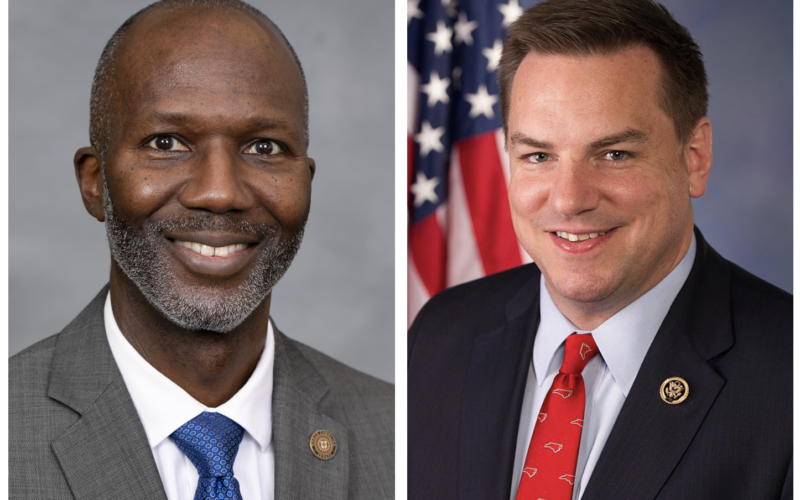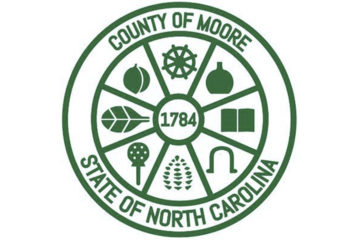RALEIGH — Following a court-ordered redistricting process that will be in effect for 2022 only, the new 9th Congressional District runs from Randolph County down to the Sandhills, taking in all of Chatham, Lee, Hoke, Moore, and Scotland counties as well as parts of Cumberland, Harnett, and Richmond counties. The two candidates advancing from the May 17 primary are Republican U.S. Rep. Richard Hudson and Democratic state Sen. Ben Clark.
Hudson, who was first elected to Congress in 2012, found his home in Cabarrus County drawn into a district where fellow Republican Dan Bishop was currently representing much of the area, chose instead to run in the new district containing much of the Sandhills. In a statement announcing his candidacy, he noted that through much of North Carolina’s complicated redistricting litigation, he had represented 8 of the 9 counties in the 9th District at one point or another.
“As Fort Bragg’s congressman, I have a proven track record as a conservative who knows how to get things done for our community. You can count on me to stand up to the mandates, threats to our Second Amendment, and big government socialist policies hurting our economy and your family. I look forward to remaining Fort Bragg’s congressman and again earning the support of the people of the new 9th District,” he said in February.
He currently serves on the Energy and Commerce Committee and is the House Republican Conference Secretary.
A five-term incumbent, Hudson easily dispatched three challengers in the May primary, earning 79% of the vote.
His opponent, Clark, was the only Democrat to file for the seat.
After announcing he was retiring from the North Carolina General Assembly in 2021, speculation mounted that he would seek federal office. In his last term as a state senator, Clark advocated for a “Sandhills district” through the redistricting process. The new 9th would seem to fit many of Clark’s priorities, although much of his Cumberland County base is in the neighboring 7th District.
A native of Fayetteville, Clark retired from a 20-year Air Force career and representing the 21st state Senate District in the General Assembly. That district encompassed all of Hoke County as well as Fort Bragg and northwestern Cumberland County. Clark earned a reputation as a potential vote for some Republican priorities in the General Assembly, including some state budget votes.
The district has a Republican lean based on previous election results. In 2020, former President Donald Trump won 53% of the vote to 45% for Joe Biden. The closest 2020 statewide result was the race for governor, as Republican Dan Forest narrowly prevailed over Gov. Roy Cooper by less than 1 percentage point. DecisonDeskHQ, a national elections website, rates the partisan lean of the district as R+6 and their current election model gives Hudson a 98% chance of victory.




